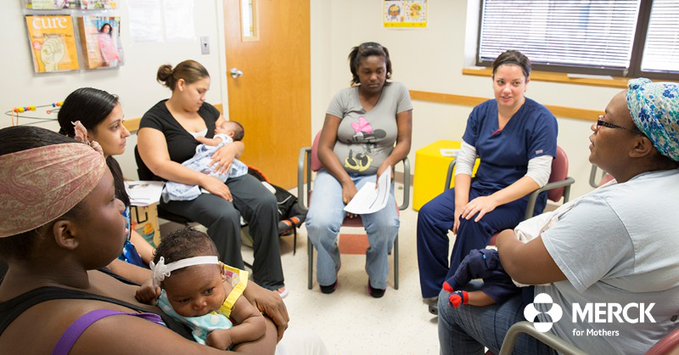Leadership does not begin in the workforce — so why should higher education ignore leadership efforts in healthcare? North Carolina’s Salem College seeks to address this education gap with a new focus on women’s leadership in the global health ecosystem. As one of the oldest women’s liberal arts colleges in the United States, Salem College recently announced its intention to become the first liberal arts institution dedicated to preparing the next generation of female leaders in health.

Calling the new campaign “a newly transformed academic model and undergraduate experience,” Salem College will offer new curricular and co-curricular components starting in Fall of 2021. The campaign involves three new health-oriented majors (Health Sciences, Health Humanities, and Health Advocacy and Humanitarian Systems) along with women’s leadership development programs.
Read More









